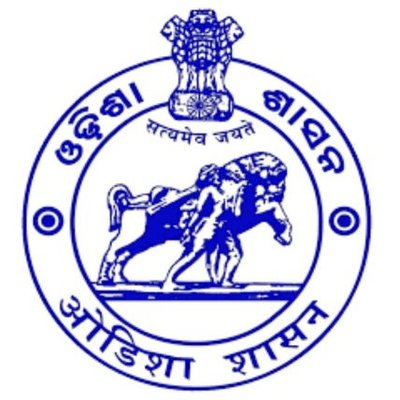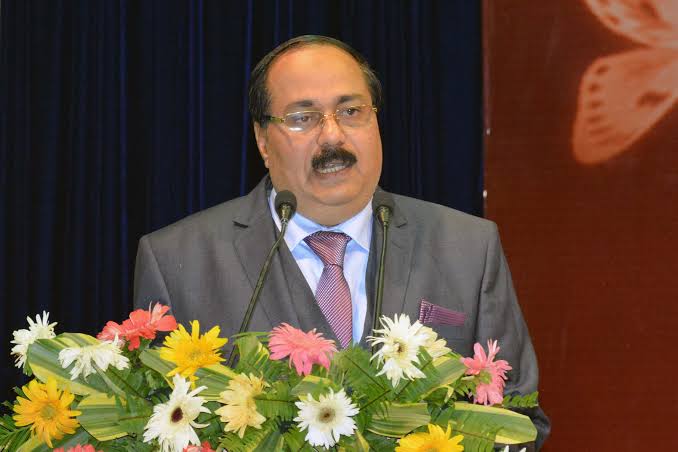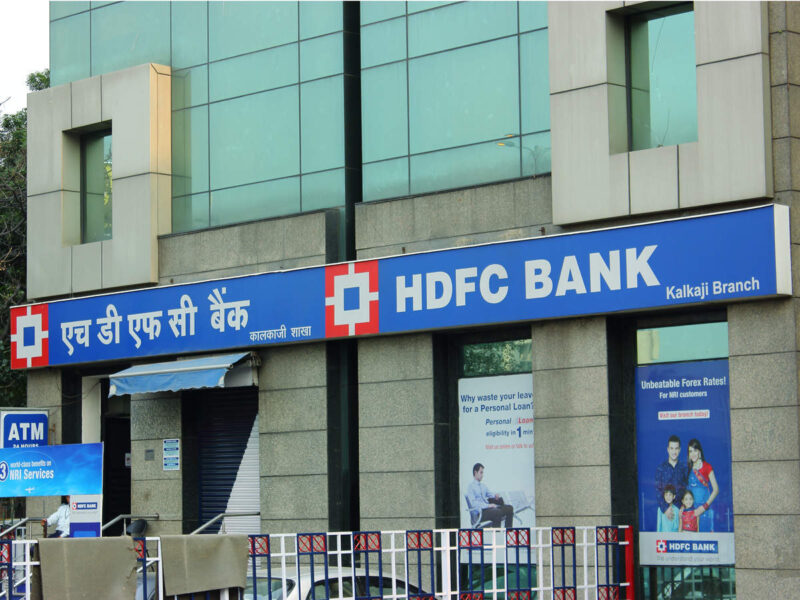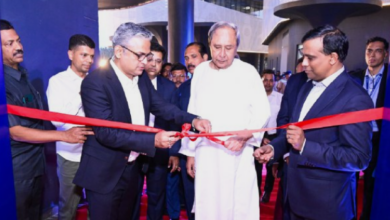Budget: IESA Seeks Reduction In GST To Boost e-mobility
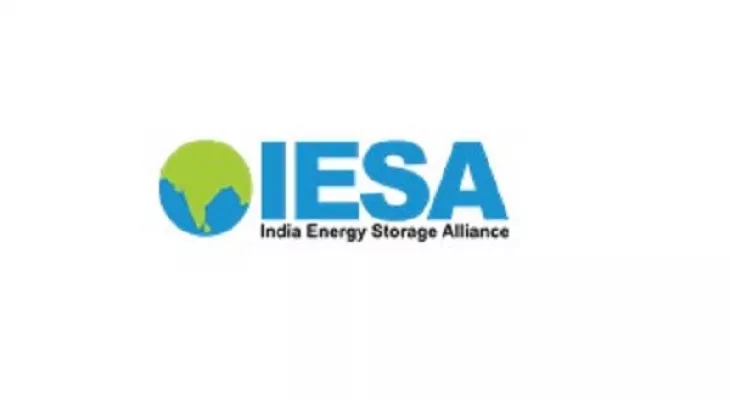
Mobilenews24x7 Bureau
Mumbai, Jan 23 : In order to give a further impetus to e-mobility, India Energy Storage Alliance (IESA) has recommended reduction in GST for advanced batteries to 5 per cent from the current 18-28 per cent, in the upcoming Union Budget. IESA, has also recommended tax holidays in the energy storage space to boost investments in the industry. Although GST rate on EV is reduced from 12 per cent to 5 per cent, GST for advanced batteries in EVs still on higher side ranging between 18-28 per cent. “We have requested (the finance minister) to bring down GST (on advanced batteries) under 5 per cent bracket in order to ensure affordability and smooth transition towards EVs from ICEs (internal combustion engine),” IESA Executive Director Debi Prasad Dash said. IESA has also sought enhance the capacity of advanced chemistry cell (ACC) batteries manufacturing to 75 GWh under PLI scheme as well as to increase the financial outlay amount, respectively. “The Department of Heavy Industries’ bid for ACC PLI scheme has received tremendous response from the national and international investors. A total of 10 bids with capacity 130 GWh, were received. In order to achieve Prime Minister’s vision and utilize the interest from investors, the capacity of ACC manufacturing should be enhanced to 75 GWh under PLI scheme as well as increase the financial outlay amount. Similarly, it is also requested to consider increasing the capacity and financial outlay for planned niche ACC program under PLI to support new and advanced battery technologies to leapfrog the global technology race,” Dash said. In its recommendations to Union Finance Minister Nirmala Sitharaman, IESA has sought extension of Fame II incentivization towards charging infrastructure and battery swapping. On energy storage, Dash said that providing tax holidays will boost the investment in the industry. “The exemptions on GST, customs and excise duty for next 2-3 years till the domestic manufacturing picks up in India would result in a reduction of overall system cost immediately and the tax incentives will support the industry for providing a reduced deployment cost in a long run with domestic manufacturing,” he added. IESA has requested to provide “infrastructure status” to the energy storage projects (covering both manufacturing and deployment) to facilitate promotion of domestic manufacturing and checking the imports. In its recommendations, IESA has also sought support for intermediate material manufacturers. “We strongly recommend to specifically look into export promotion investments. Government is requested to consider either consider capital Investment subsidy, 20 per cent of investment which may be capped at Rs 100 crore over period of 10 years or consider separate PLI scheme for intermediate material manufacturing,” Dash said. For faster growth of the manufacturing capabilities in India, IESA has requested to extend other benefits like affordable funding and easy access, common facility centres for manufacturing, public procurement order, etc. to micro, small and medium enterprises (MSME). “Dedicated fund can be allocated for the sector including hardware startups which needs commitment and funding,” Dash added.



